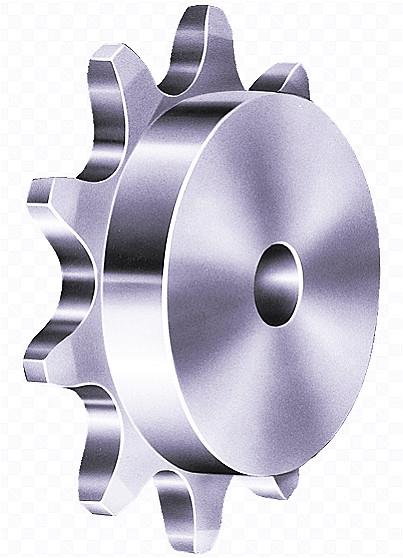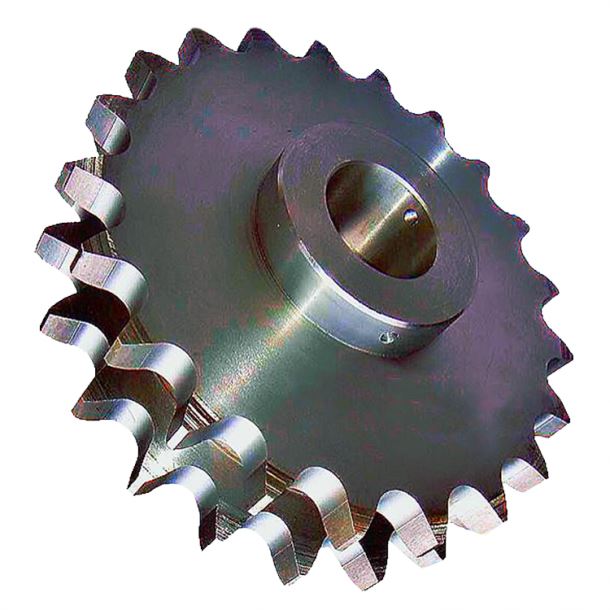Stainless steel sprockets are essential components in various mechanical systems, designed to transmit rotary motion between shafts via chains. Made from high-quality stainless steel alloys, these sprockets offer superior resistance to corrosion, wear, and environmental factors, making them ideal for applications in harsh conditions such as marine environments, food processing, chemical industries, and outdoor machinery. Their durability ensures long-term performance with minimal maintenance, reducing downtime and operational costs.
Our stainless steel sprockets come in a range of sizes and configurations to meet diverse industrial needs. Below is a detailed table outlining standard specifications.
| Parameter | Description | Available Options |
|---|---|---|
| Material Grade | Type of stainless steel used | 304, 316, 316L |
| Tooth Count | Number of teeth on the sprocket | 10 to 60 teeth |
| Bore Size | Inner diameter for shaft fitting | 0.5 inch to 2 inches |
| Pitch | Distance between chain rollers | 0.25 inch, 0.375 inch, 0.5 inch, etc. |
| Hub Type | Design of the central hub | Plain, Finished, or with Keyway |
| Weight | Approximate mass per unit | Varies by size (e.g., 0.5 lbs to 5 lbs) |
| Application | Recommended uses | Conveyors, motorcycles, industrial machinery |
What makes stainless steel sprockets better than regular steel sprockets?
Stainless steel sprockets offer superior corrosion resistance, making them last longer in wet or corrosive environments. They also require less maintenance and are more hygienic, which is vital for industries like food processing. Regular steel sprockets may rust and degrade faster, leading to higher replacement costs.
Can stainless steel sprockets be used in high-temperature applications?
Yes, stainless steel sprockets, especially those made from grades like 316, can withstand temperatures up to 870°C (1600°F) intermittently and up to 925°C (1700°F) for short periods. However, prolonged exposure to extreme heat may affect hardness, so it's essential to choose the appropriate grade based on the specific temperature range.
How do I select the right size sprocket for my chain?
To select the correct sprocket, match the pitch (distance between chain pins) and the number of teeth to your chain's specifications. Ensure the bore size fits your shaft diameter, and consider the hub type for proper mounting. Consulting the chain manufacturer's guidelines or an engineer can help prevent mismatches and ensure efficient operation.
Are stainless steel sprockets compatible with all types of chains?
Stainless steel sprockets are compatible with most standard roller chains, such as ANSI or ISO series, but it's crucial to verify compatibility based on pitch and tooth profile. Using mismatched chains can cause wear, noise, and reduced efficiency. Always check the chain and sprocket specifications for optimal performance.
What maintenance is required for stainless steel sprockets?
While stainless steel sprockets need less maintenance than other types, regular inspections for wear, proper lubrication with suitable oils (e.g., food-grade lubricants in hygienic environments), and cleaning to remove debris are recommended. This helps extend lifespan and maintain smooth operation.
Can I customize a stainless steel sprocket for specific applications?
Yes, many manufacturers offer customization options for tooth count, bore size, hub design, and material grade to meet unique requirements. Provide detailed specifications, such as operating conditions and load capacity, to ensure the custom sprocket performs reliably in your application.



